
Groundwater disappearing from Arizona at alarming rate
A new global study shows freshwater is disappearing at alarming rates. ASU-led research uses 20 years of satellite data to reveal unprecedented continental drying. Jay Famiglietti who is the Global Futures Professor at the ASU, School of Sustainability, joined “Arizona Horizon” to discuss more on the what, the why, and the how of this situation.

Southwest in a ‘mega-drying’ zone due to groundwater loss, study finds
“All the drying is happening in the Southwest. Three quarters of the country is getting a little bit wetter, but the southwestern quadrant of the country is getting a lot drier,” said Jay Famiglietti, the study co-author and Global Futures Professor at Arizona State’s School of Sustainability.
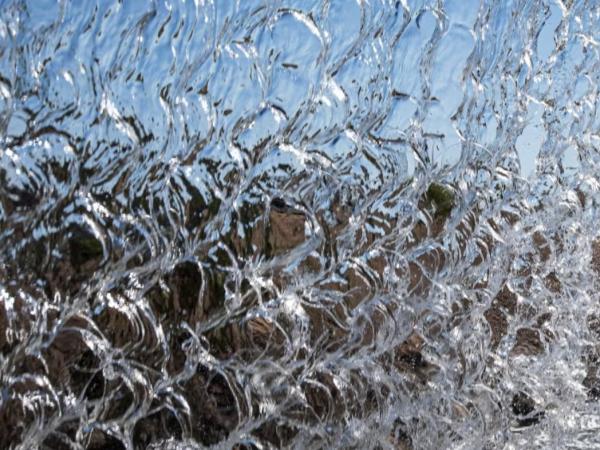
Should Arizona grow cannabis during a drought?
This week on Valley 101, a podcast by The Arizona Republic and azcentral.com, we talk with Sarah Porter, director of the Kyl Center for Water Policy at Arizona State University, to give us a sense of where our water is being used.
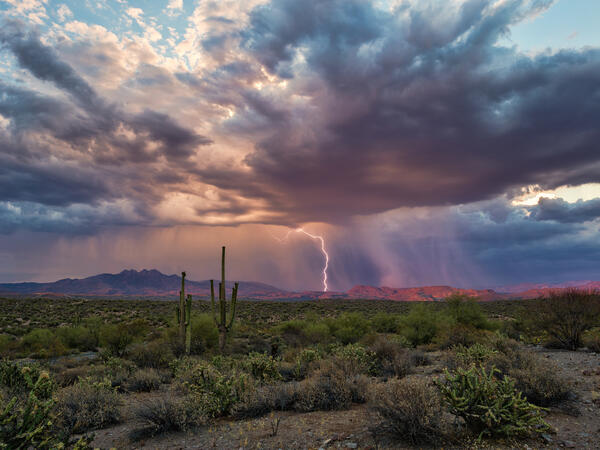
The Colorado River is in a shortage again, amid mounting calls for long-term changes
Cynthia Campbell at Arizona State University said instead of urgently working on a long-term plan, those policymakers seem to have spent the past few years “gambling” on the idea that water might come back and reverse the crisis at major reservoirs. “If they were betting on that,” she said, “Then they're losing, because it is continuing to march on. Mother Nature is continuing to march on, and we're continuing to see declines in the system.”

Grand Canyon’s Dragon Bravo megafire shows the growing wildfire threat to water systems
"Wildfires like this are increasingly affecting water supplies across the U.S. and creating a compounding crisis that experts in water, utilities and emergency management are only beginning to wrestle with," writes Faith Kearns.
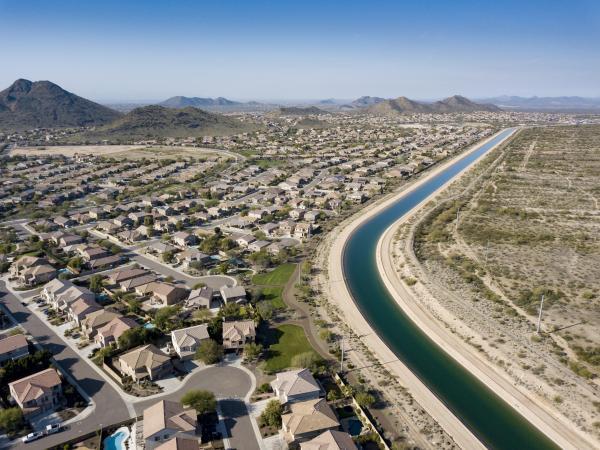
Arizona AG warns mobile home park residents to watch utility bills closely
Mobile homes in Arizona make up about 5% of the state’s housing. For thousands of Arizonans living in them, the summer isn’t just uncomfortable; it can be deadly.
“People who tend to live in this type of housing can be elderly, and we also know that people who are elderly are more susceptible to heat,” said Patricia Solis, executive director of the Knowledge Exchange for Resilience at ASU.

Arizona’s booming tech hub strains water supplies in the Silicon Desert
Scientists at Arizona State University are developing innovative solutions to address the growing needs of the 'Silicon Desert', including water recycling techniques, increased solar power utilisation, and water credit systems. However, questions remain about whether these measures will be sufficient to balance the tech industry's demands with the state's limited resources.
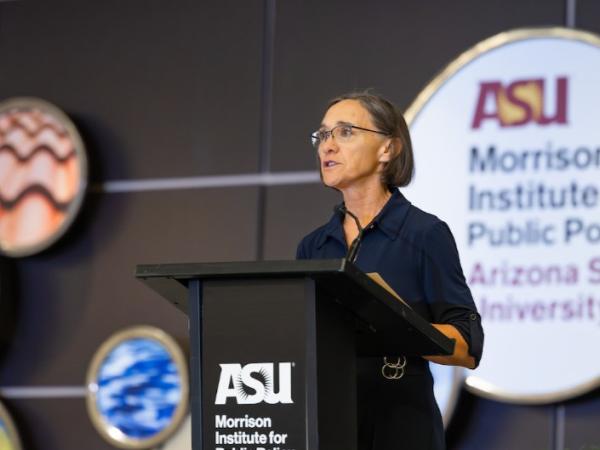
Arizona’s growing housing crisis the topic of newly released report
Do we need more water and where will we get it? Those were questions Sarah Porter addressed during her summit presentation. Porter, director of the Kyl Center for Water Policy at ASU and self-proclaimed “water nerd,” discussed the significant water challenges confronting Arizona — particularly as the state plans for future growth and development. Porter focused on two of Arizona’s most stressed water resources: the Colorado River and groundwater.
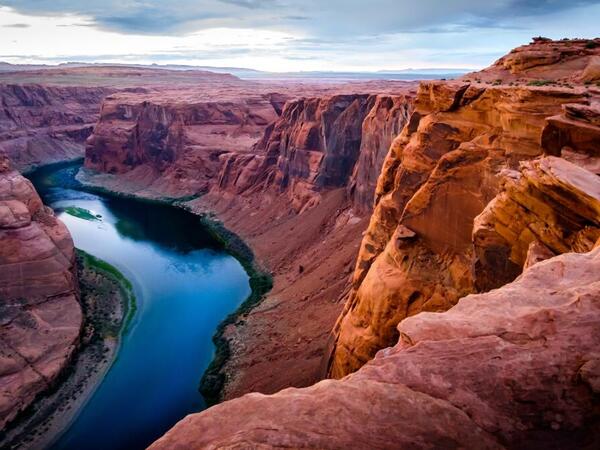
Arizona's declining share of Colorado River likely to hold steady for a year
“Fundamentally, bad hydrology is crushing valiant conservation and management efforts,” said Kathryn Sorensen, research director at Arizona State University’s Kyl Center for Water Policy.
Enrique Vivoni, a professor of hydrosystems engineering at Arizona State University, told CAP board members on Aug. 7 that dry soils are soaking up precipitation before it can reach the river, meaning good snow doesn't always mean good flow.
"Under drought, the relationship of hydrology with precipitation is changing in Colorado River," Vivoni said.

Will There Be Enough Water to Make More Semiconductors in the U.S.?
Professor Paul Westerhoff at Arizona State University’s School of Sustainable Engineering and the Built Environment told H2O Radio that fabs can be sustainable but would require companies to invest in ways to recycle water to continuously bring it back to an ultrapure state to avoid tapping into local supplies.
He and his colleagues are researching what reuse technologies and policies would be necessary to make facilitates “water neutral” or at least close to it.